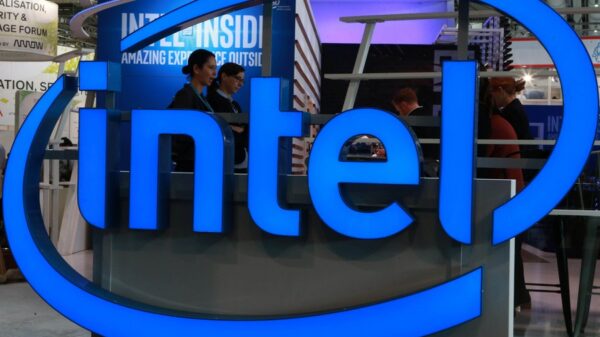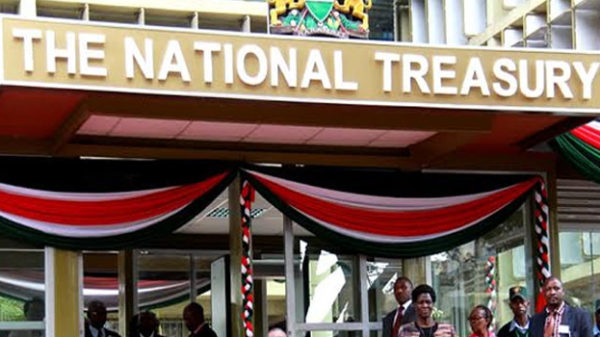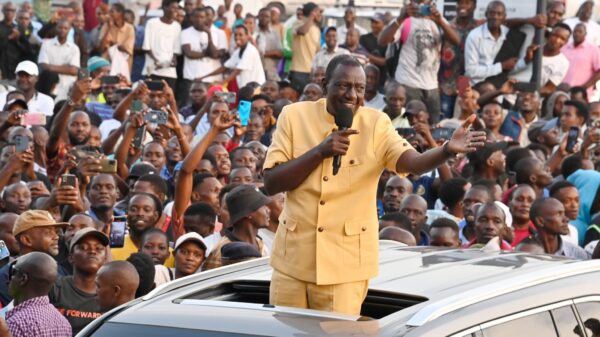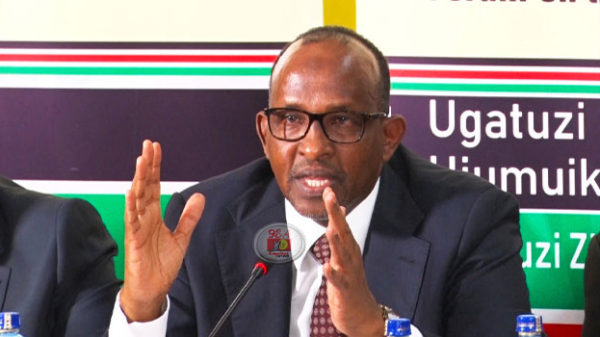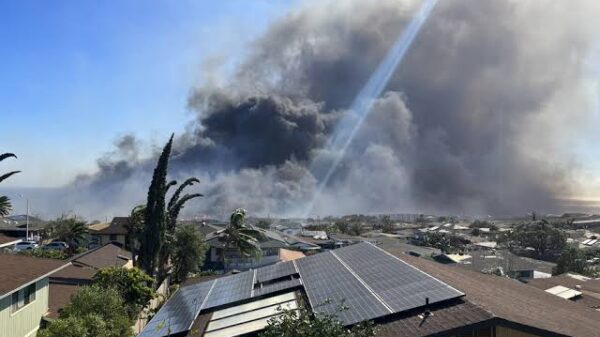WASHINGTON, Jul 19 – US Vice President Joe Biden said Thursday he aims for completion of a huge trans-Pacific trade deal in 2013, as he outlined efforts to embrace Asia and broaden global prosperity.
But he sought to reassure American allies in Europe and the Middle East that a US pivot to Asia would not bump them off of Washington’s priority list.
Biden, who arrives in Asia on Monday for a one-week official visit to India and Singapore, said the Trans-Pacific Partnership (TPP) — which would encompass 40 percent of the world’s economy — will be the perfect vehicle for updating global trade standards.
“We believe it is doable, and we are working hard to get this done this year,” Biden said in a speech highlighting the US strategic pivot to Asia.
Delegations from Australia, Brunei, Canada, Chile, Japan, Malaysia, Mexico, New Zealand, Peru, Singapore, the United States and Vietnam hope to conclude the pact before the Asia Pacific Economic Cooperation (APEC) summit in Bali in October.
Biden said President Barack Obama’s administration was reaching out to emerging economies as well as established giants like China and India — neither of which are part of the TPP.
“We firmly believe this (trade pact) will be a strong incentive for other nations to raise their standards as well,” he said.
Obama last year unveiled a new security strategy that emphasized a shift towards the Asia region, reflecting concerns over China’s growing military might.
The vice president reiterated the commitment to “rebalance” toward the most populous continent, including on the economic front.
Reducing “the risk of mistake and miscalculation,” and the peaceful resolution of territorial disputes could lead to even greater economic gains in the region, Biden said.
“Imagine what could happen if growing Asia-Pacific middle classes could help lift the global economy even more than they already are,” he said.
Yet tensions remain. Biden cited the longstanding dispute over islands and resources in the South China Sea and the need to establish a “code of conduct” there.
He also pointed to North Korea’s saber-rattling and nuclear weapons program as cause for concern.
“We agree that its nuclear missile program presents a clear and present danger to stability in the area, in East Asia in particular,” Biden said.
North Korea has called for international talks to reduce tensions, and Biden said Washington would be open to such engagement, but only if Pyongyang is serious about “genuine negotiations.”
“We’ve got a full agenda ahead of us in Asia, and we are committed to seeing it through,” Biden said.
He stressed that the United States remained fully engaged with Europe, with which it is also in trade talks, and the Middle East, where Secretary of State John Kerry has conducted months of shuttle diplomacy.
“Folks, that’s what big powers do,” Biden assured the audience at George Washington University.
“To use the vernacular, we can walk and chew gum at the same time.”
Washington, he said, was not taking its eye off the diplomatic ball in either region.
“Europe remains the cornerstone of our engagement with the rest of the world,” he said. “We’re not going anywhere.”




